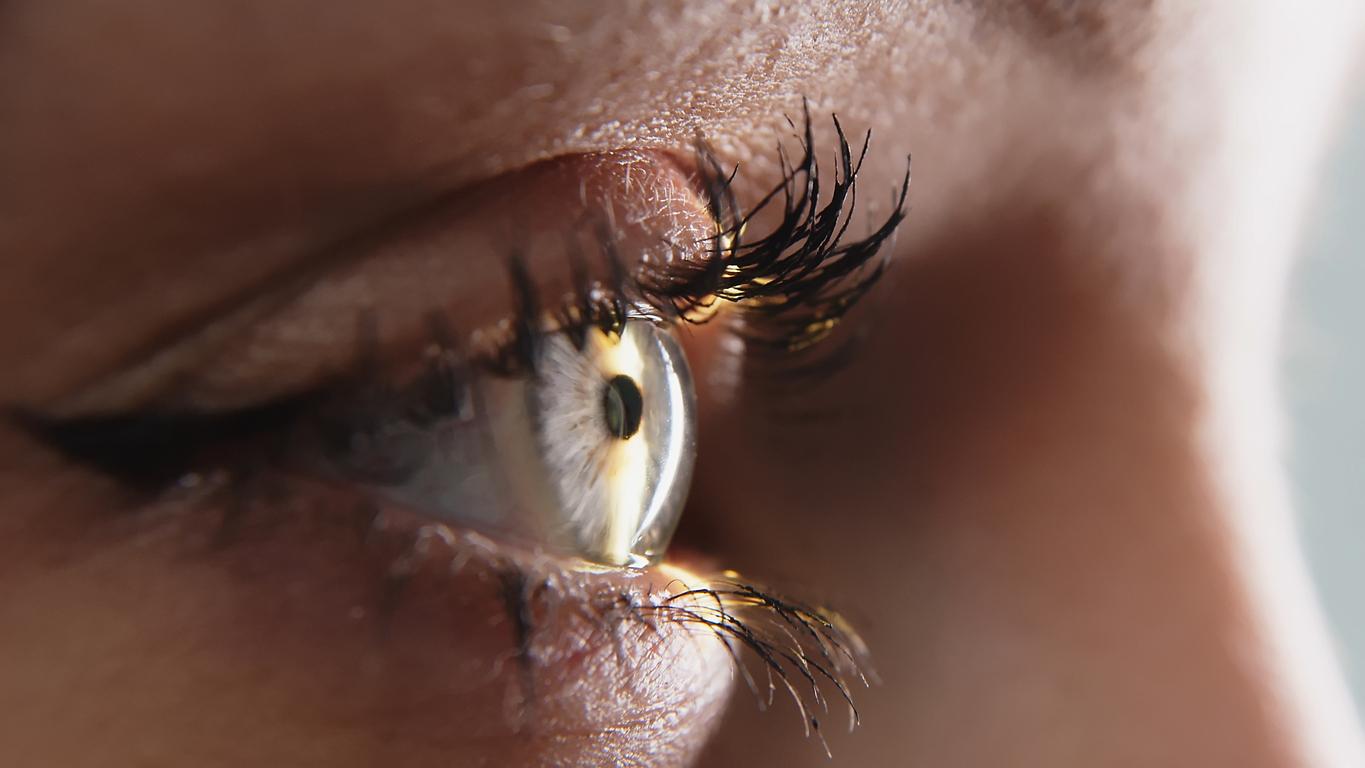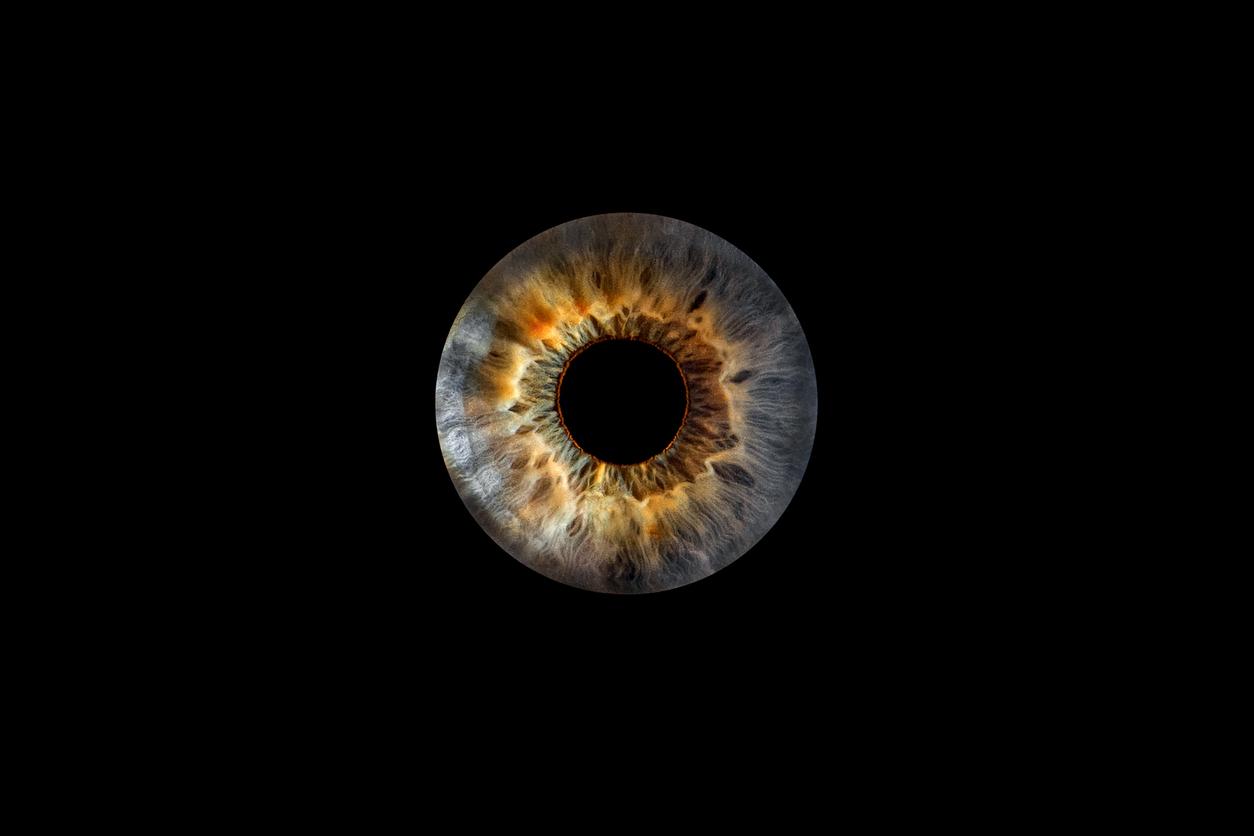American and British doctors have successfully restored the sight of two people with age-related macular degeneration using stem cells.

Elderly people with age-related macular degeneration treated with stem cells. It happened at Moorfields Hospital in London. The two patients, a sexagenarian and an octogenarian, suffered from the “wet” form of this disease of the retina.
A million French people affected
AMD is the abbreviation of a nasty eye disease: “Age-Related Macular Degeneration”. As the name suggests, 12% of people over 60 and one in four people after 75 are affected. It starts with a feeling of bad lighting. Nothing very worrying, especially since at the beginning, only one eye is affected. But, a few months after this first symptom, when we look at the door of the house, we see the doorframe waving. Just like the grid of a notebook, the lines of the journal or the landscape in the car.
This feeling of wavy straight lines affects only the center of the eye. The lateral view is preserved: thus, looking at a face, we absolutely cannot distinguish its features, while everything around it is particularly clear. The part of the eye that degenerates is called the macula. This is the name of the center of the retina. In AMD our camera is intact but the center of the film is destroyed … We do not know the causes: too frequent exposure to the sun, smoking, hypertension, clear eyes seem to be more frequent in these patients, but nothing very obvious.
If your doctor does not always check for AMD, recognize the symptoms and talk to him about it. Because early detection is the only way to apply treatments that only work at the start of the disease, slowing its worsening. In the absence of treatment, nothing very encouraging. There is no turning back, the disease remaining stable or worsening gradually with sometimes a sudden attack. Little by little, isolation, depression and its often dramatic consequences emerge.
Significant improvement after twelve months
We can say today that for 15% of patients, the laser slows down the destruction of the center of the retina. Rehabilitation – to make the best use of peripheral vision – very magnifying glasses are very valuable. However, with new techniques such as phototherapy, it seems that medicine has decided to tackle this public health problem head on.
There are also drugs, quite recent but which only work on 30% of AMD that we say “wet” because due to the uncontrolled formation of small blood vessels which bleed. These treatments slow down the formation of these “neo vessels”. They are only of interest if they can be used quickly.
American and British researchers have used embryonic stem cells to make cells in the macula. These tissues were transplanted into two patients. After twelve months, they regained the use of their eyes. In fact, before the operation, they could no longer read, even with glasses. Since the operation, they have managed to read 60 to 80 words per minute with standard reading glasses.
If doubts persist about the origin of the disease, the hereditary factor may play. Thus, if you are in a family at risk, you should consult an ophthalmologist regularly from the age of 50 to do a fundus examination. Smoking and the sun can increase your chances of developing the disease. Early detection becomes fundamental. It is necessary to consult at the slightest doubt in front of a distortion of the vision of the straight lines and not to hesitate to request an emergency appointment, because 80% of all cases of blindness are preventable or curable.

To find out more about bioethics
The bioethics law in question
A program from the VYV medical frequency channel
The guest of this program is Professor Axel Kahn, geneticist, research director at Inserm, best known to the general public for his actions of popularization of science and his positions on ethical and philosophical questions relating to medicine. and biotechnology; in particular within the framework of his work within the National Consultative Ethics Committee. Since the beginning of the year, this committee has been organizing the States General on Bioethics, a phase prior to the revision of the bioethics law scheduled for the end of the year. In France, this law is revised at least every 7 years. It is for this reason that the debate has been raging for several months, because it concerns a large number of subjects. There are also so many of them that, in order not to make a catalog program, to fuel the reflection of each of us on a few very controversial subjects, we will limit ourselves to decoding the genome, to cloning, to euthanasia, to artificial intelligence, or even surrogacy… Without forgetting the financial stakes and by being constantly vigilant on the possible repercussions in the daily practice. And above all, take advantage of the immense knowledge and distance that Professor Axel Kahn has taken on all these socially and morally complex subjects.
Find all the broadcasts of the VYV Fréquence Médicale channel:
https://www.youtube.com/channel/UCtNyuN_HFlNYO0-gqXwhLTg/playlists
.

















